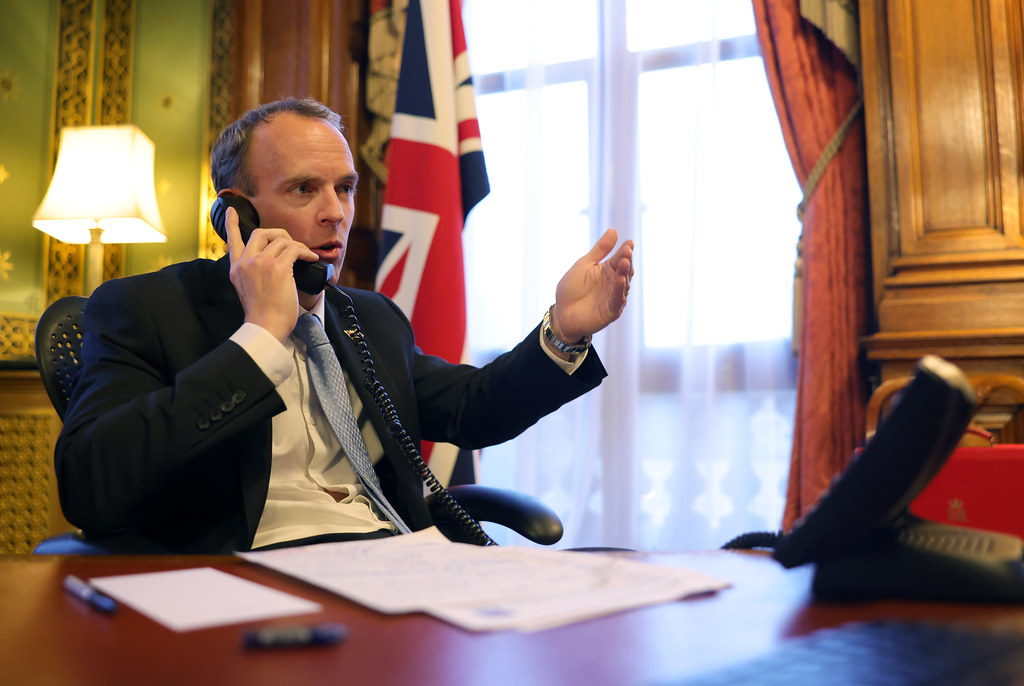Justice Secretary Dominic Raab has proposed changes to the Human Rights Act that would make it much harder for “serious criminals” to escape deportation. As part of a new “bill of rights” which Raab seeks to establish, those who have commited certain offences would be unable to call on the “right to a family life”, article 8 of the European Convention on Human Rights. Such reforms have met heavy criticism from lawyers and human rights groups, as nothing more than an attempt to consolidate government power.
Raab argues their reforms will “prevent serious criminals from relying on Article 8 – the right to a family life – to frustrate their deportation from this country”. Such “serious” criminals include those who have commited “imprisonable” offences for “terror-related activities”. These changes would have a massive impact, with 70% of successful human rights claims to stop deportation being based on Article 8.
Raab argues the UK judiciary aren’t to blame for what he labels “abuses of the system” of human rights. He instead argues the system as it is is tied to heavily to case law in the European Court of Human Rights. Raab said the UK Supreme Court, not Strasbourg, should become the “ultimate judicial arbiter when it comes to interpreting the ECHR in this country.”
Stephanie Boyce, president of the Law Society of England and Wales argues Raab’s justifications are not sound: “The powers government purports to introduce for the most part already exist. British judges deliver British justice based on British laws. UK courts do not, as government suggests, blindly follow case law from the European Court of Human Rights.”
Human rights group Liberty accused the government of “systematically shutting down all avenues of accountability through a succession of rushed and oppressive Bills.” The organisation’s director, Martha Spurrier, said “This plan to reform the Human Rights Act is a blatant, unashamed power grab from a government that wants to put themselves above the law… They are quite literally rewriting the rules in their favour so they become untouchable.”
These reforms are not a way for government to strengthen human rights law, even if that is what they pretend. It is instead a way to get around aspects of law that they don’t like, as government attempts to furter centralise their power and authority. This is about the Conservatives’ political aims, not the promotion of UK judicial independence.
Philip English, is a member of the YCL’s Birmingham branch



